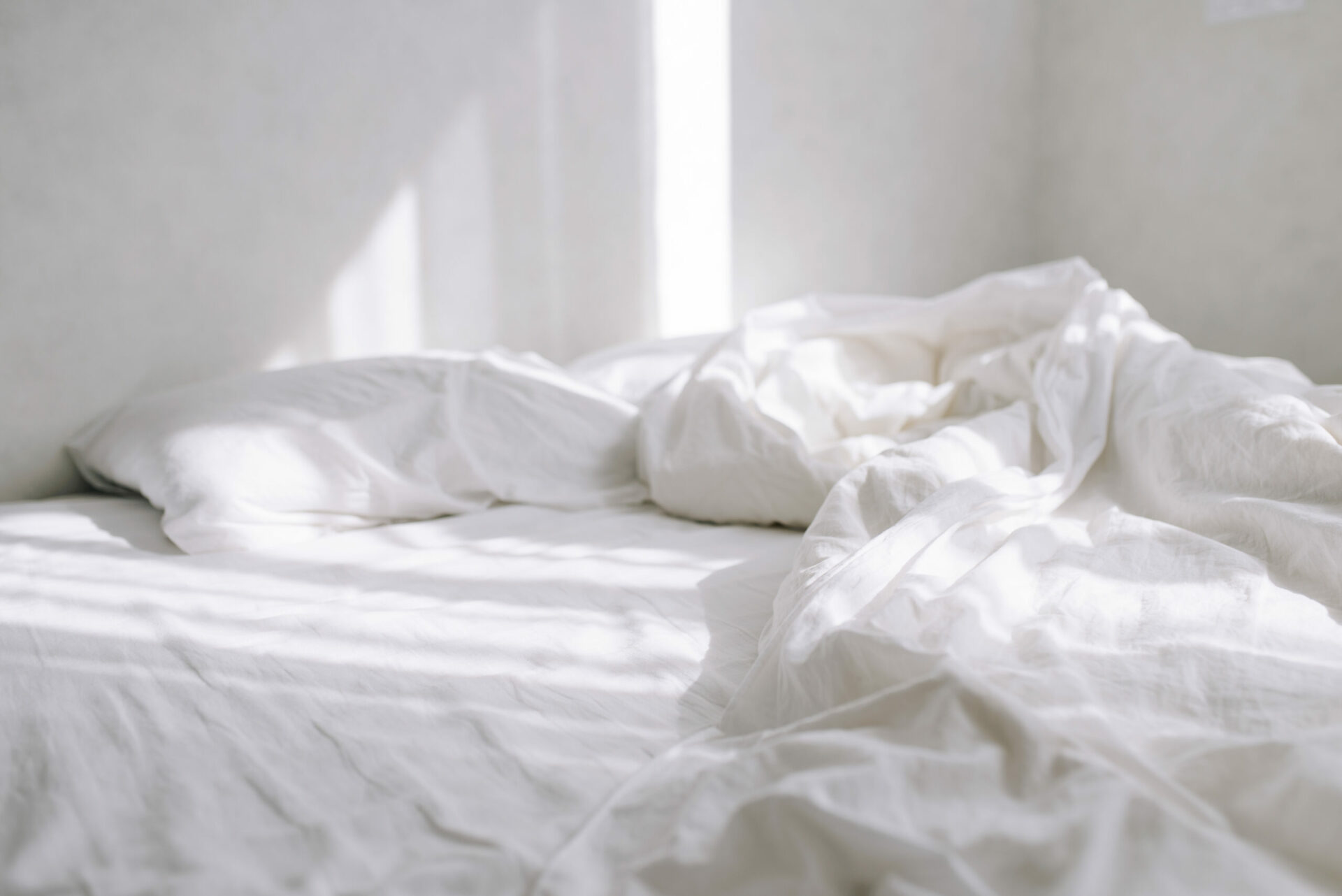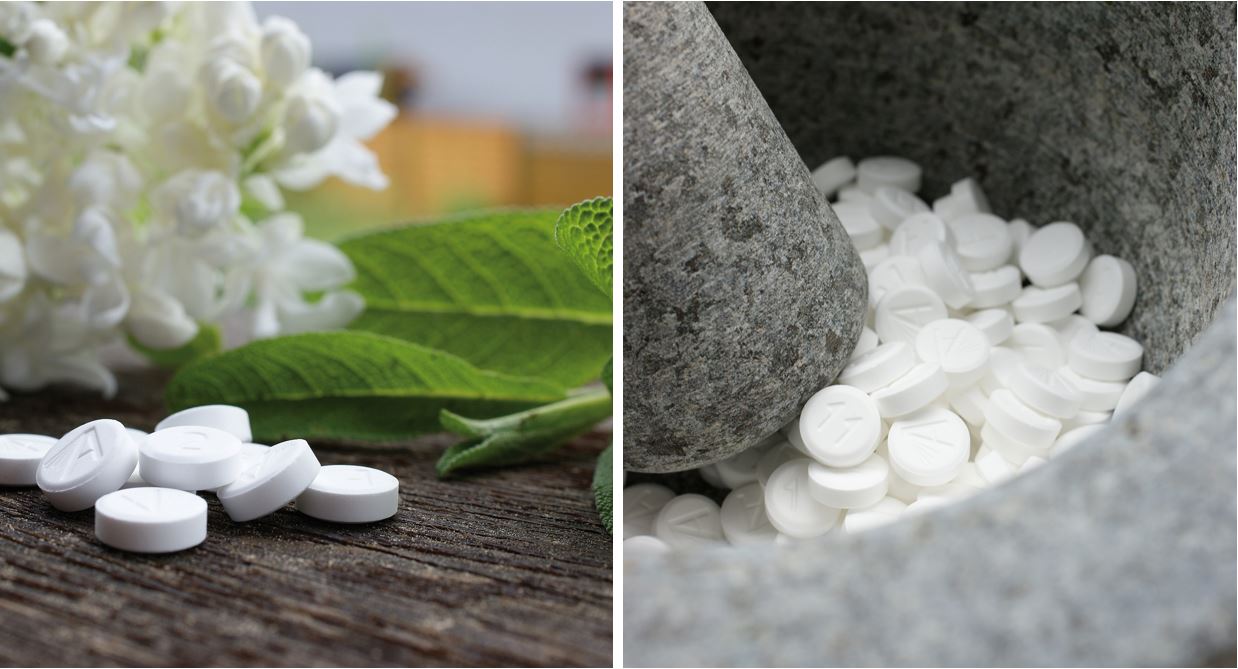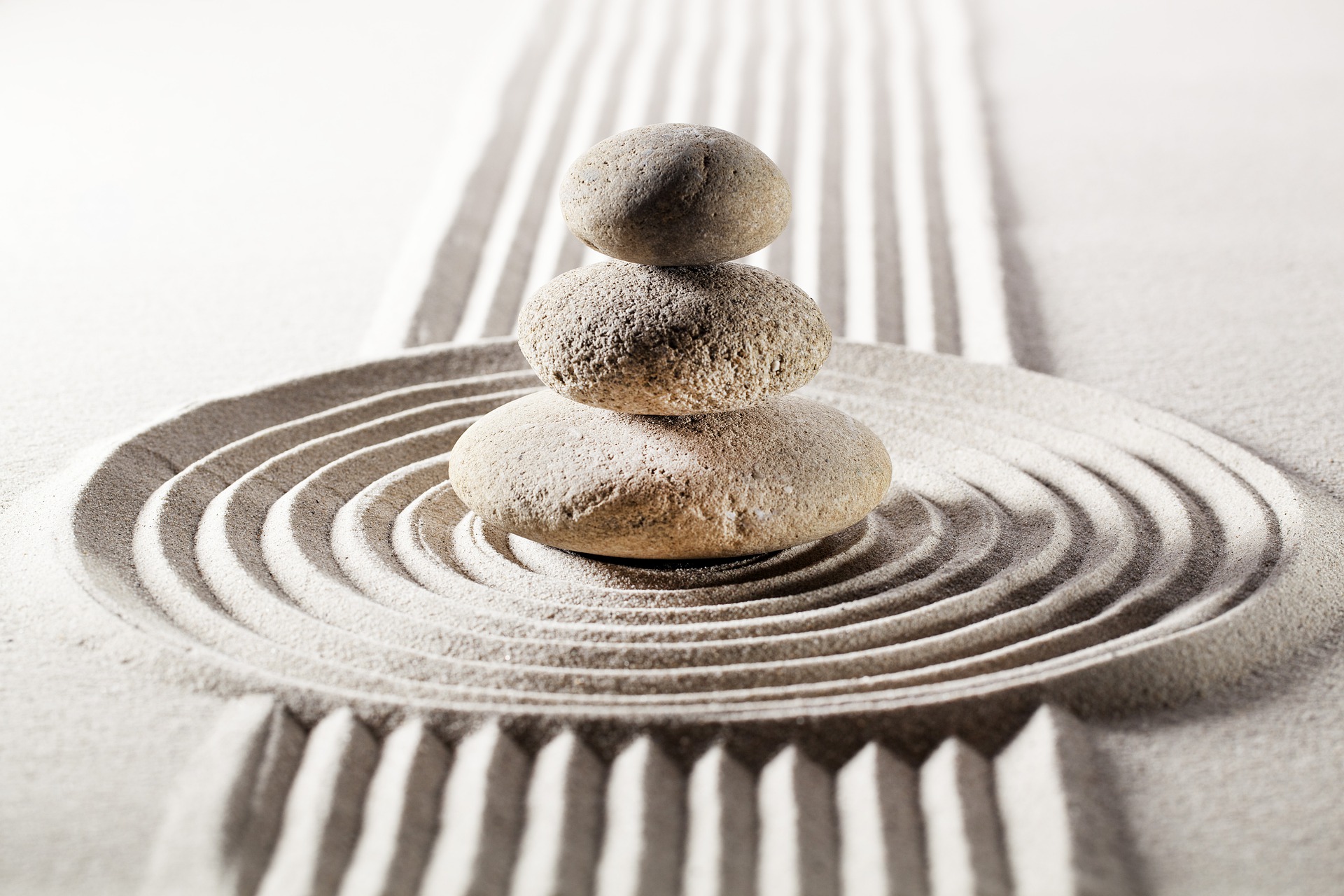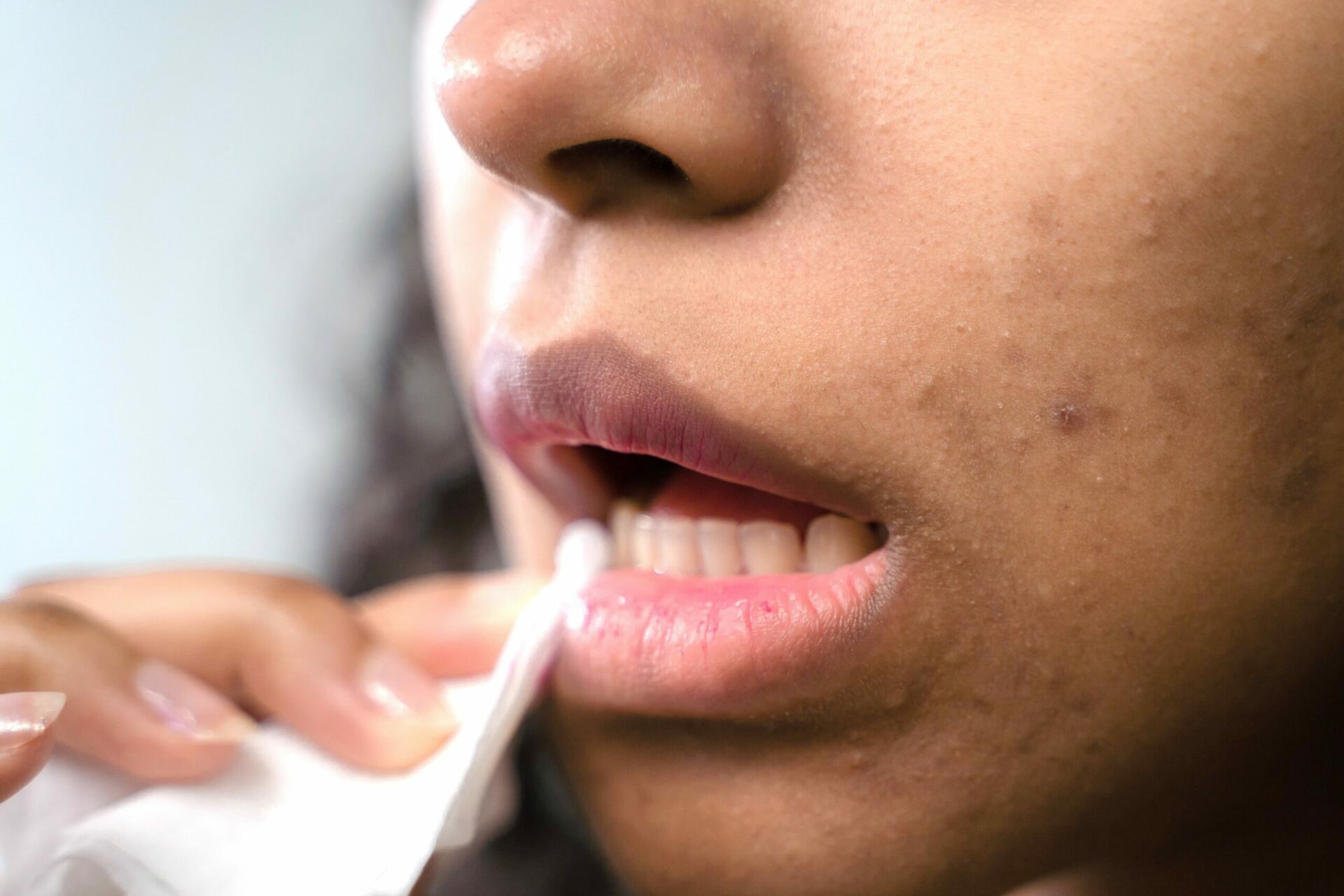
Your individual sleep blend
With natural methods such as the individual spagyric sprays from Zimply Natural, complaints can be treated and sustainably alleviated.
Sleep and its importance
Sleep with its sleep phases usually means relaxing and switching off. But while we sleep, our brain runs at full speed. Sleep serves the regeneration of body, mind & soul and is essential for humans. An adult usually needs 6 to 9 hours of sleep, but this depends on lifestyle, stress, diet and many other factors. Sleep goes through several phases, which shorten more and more at the end of sleep.
Sleep occurs in several cycles, which in turn consist of a sequence of different sleep phases. And during this cycle, a lot happens in our body: our breathing and circulation change, blood pressure and pulse rate decrease. Our muscle tension decreases and the body temperature decreases by about 0.4°.
Sleep phases at a glance

Sleep phase 1: Fall asleep phase
This sleep phase is the transition from being awake to sleeping. This sleep phase is very light and the organism gradually shuts down. Your body still shows some muscular tension, the pulse slows down and breathing becomes shorter and calmer. Eye movements also become slower. In this phase, the so-called problems with falling asleep can occur. Our consciousness is still active, which is why we can be woken up more easily.
Sleep phase 2: Light sleep
We are in this sleep phase after we have fallen asleep. Your muscles relax more and more. The palate also relaxes, which is why many people start snoring. You are less aware of what is happening around you, but stimuli can still wake you up. This phase, as its name suggests, still light and the transition phase to deep sleep.
Sleep phase 3: Deep sleep phase
The muscles are relaxed, breathing is slow and regular. In the deep sleep phase, sleepwalking and teeth grinding may occur. Now mainly regeneration mechanisms take place: The immune system strengthens, cells renew and we process information and experiences of the day. This phase is the longest and lasts about an hour. It is necessary so that you feel rested and refreshed the next morning.
Sleep phase 4: REM phase
REM stands for "rapid eye movement sleep" because we roll and twitch our eyes behind our closed eyelids during it. This is the sleep phase characterized by rapid eye movements and high brain activity. This phase is the phase of dreams, because they are now particularly intense. During this phase, the body is paralyzed so that the body does not perform the dreamed movements and could possibly injure itself.
Sequence of sleep phases.
During the night, these phases occur one after the other in varying proportions. The falling asleep phase and the light sleep phase, followed by deep sleep, and about 60 to 90 minutes after falling asleep, the first REM phase. A cycle lasts about 90 to 110 minutes and is completed four to seven times per night. Sleep is occasionally interrupted by short waking phases, which we usually do not even notice.
Discover the medicinal plants of Zimply Natural for better and more restful sleep
How sleep changes with age
The older we get, the less sleep we generally need. The sleep phases also rearrange themselves. Infants sleep 16 to 18 hours in some cases, while 5 hours is sufficient for some adults. The phase of falling asleep lengthens with age, the proportion of REM phases decreases. In a newborn, the proportion is about 50%, in an adult only about 25%. Common causes of sleep disorders in the elderly are lack of physical activity and absence of tasks that tax the mind and spirit. Older people also go out less and thus their day-night rhythm is also disturbed.
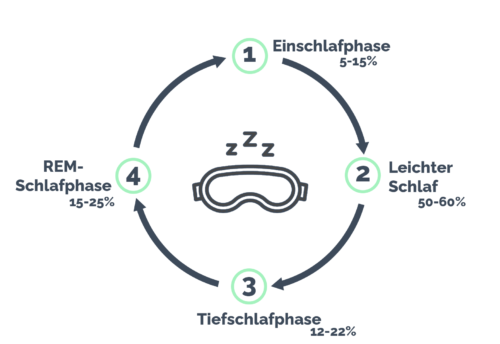
Why healthy sleep is so important
As briefly mentioned above, sleep is very important for our health. During sleep strengthens your Immunesystem, so we are more resistant to diseases. Our brain processes information and learns in this way. Memories and information are transferred to the long-term memory and stored, due to various other stimuli this is usually not possible during the day. In addition, the hormone melatonin is produced, which repairs cell damage and thus accelerates healing processes. Sleep is the most important regeneration time and influences both physical and mental performance.
Tips for better sleep across all sleep stages
- Your own sleep ritual: yoga, relaxation exercises or a good book. Find something to do that gets you mentally and physically in the mood for sleep.
- Pleasant atmosphere: ban disturbing and too loud things like the TV from your bedroom, find a mattress that suits you & pay attention to the recommended room temperature of 16° to 18°.
- Physical activity: Move regularly during the day and power yourself! However, you should avoid intensive training shortly before going to bed, as this can have a stimulating effect.
- Find your rhythm: If your job & your daily routine allow it, go to bed at regular and fixed times so that your body can get used to this rhythm & it is easier for it to switch off.


